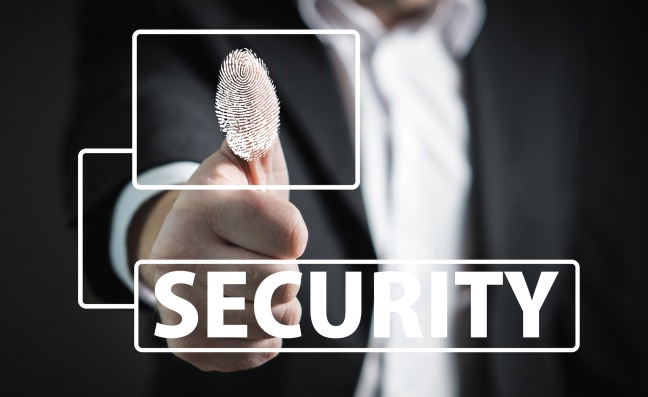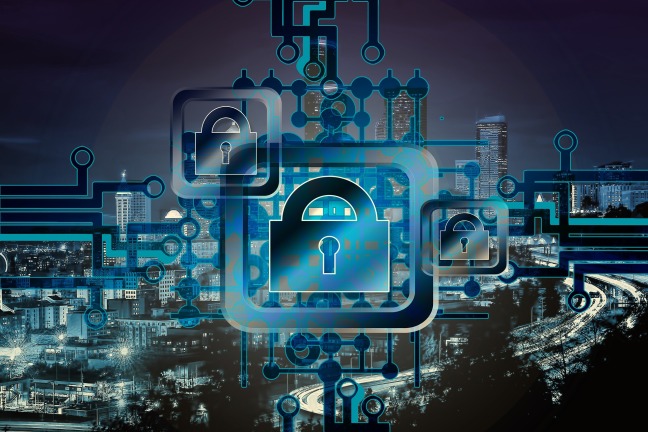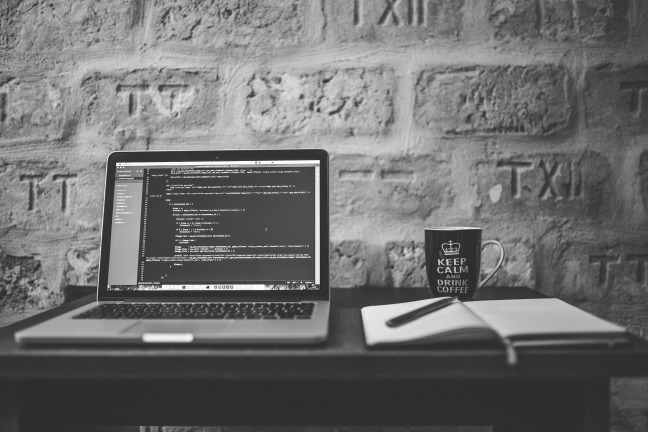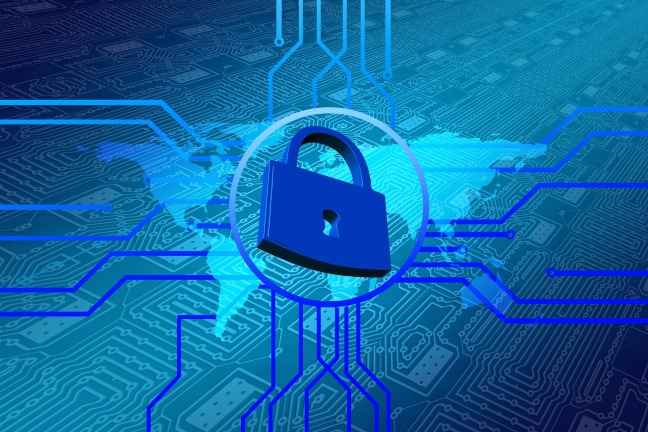I have some theories I subscribe to in regards to password management and what kinds of patterns make good passwords. I found a news article that sums up those theories pretty well. https://calvinayre.com/2018/04/16/business/peter-bassill-create-password-can-stand-hacking-attacks-video/
The TLDR verison.
- Use memorable english words
- Chain them together using a repeated special character
- Use at least 3 individual words per password
- Do not share passwords between sites, especially for important ones
- Rotate them every 90 days (this seems a little on the strict side for a personal password but pretty reasonable for a shared password)










